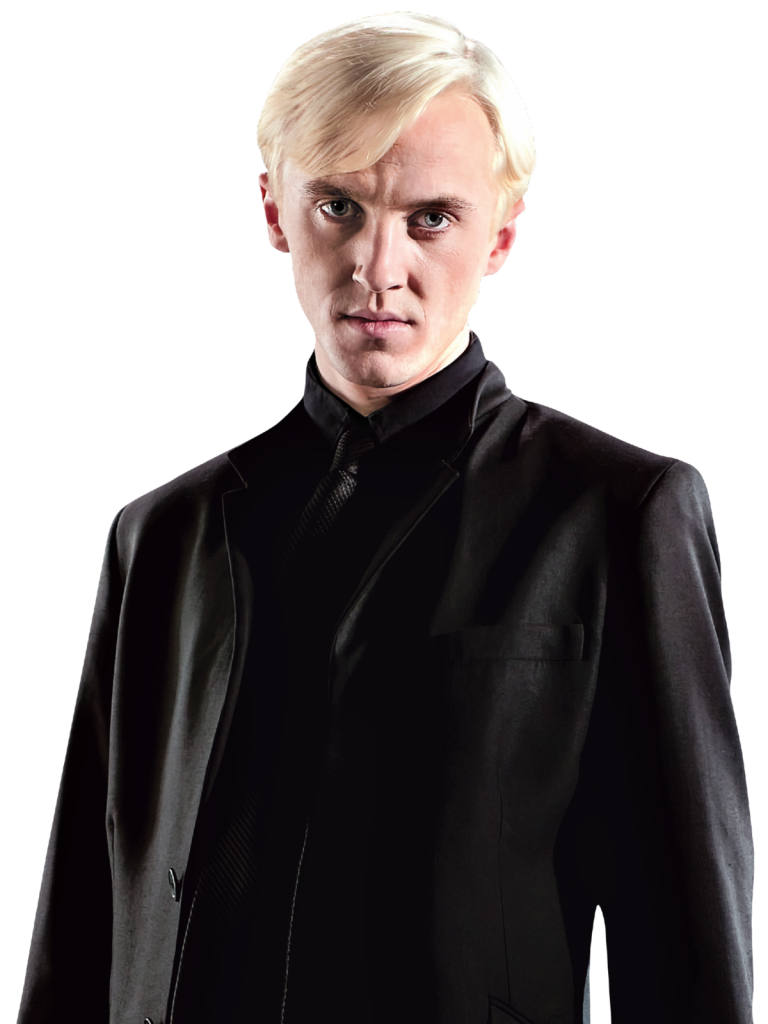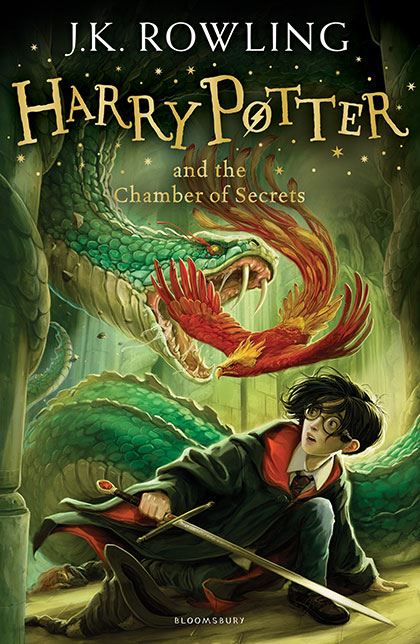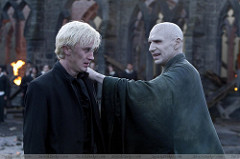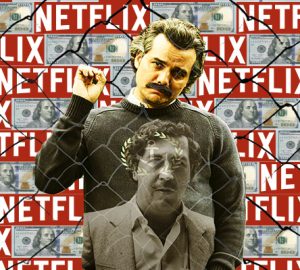Exploring antiheroes: Draco Malfoy part one
by Allison Hambrick

If there’s anything the Harry Potter fandom is known for, it’s fiercely defending the series’ characters. Professor Severus Snape is the most prevalent example, with fans running to his defense after the revelation that (spoiler) he was in love with Harry’s mother and he was spying on the Death Eaters for Professor Dumbledore. His bullying behavior towards his students is often cast aside by those who feel for the character because they can sympathize with what it is like to be mistreated.
Professor Snape is not the principal antihero of the series, however. That honor belongs to none other than Harry’s chief rival: Draco Malfoy. Introduced in “Harry Potter and the Philosopher’s Stone,” Draco Malfoy was a slick pureblood with serious prejudice against those who he saw as less than himself. This was more or less the persona that caused Harry to spurn Draco’s attempts at befriending him. Taking this rejection to heart, Draco became more hostile to Harry and his friends, often targeting them for his biting sarcasm.
As a child, hating Draco is easy. Everyone knows a Draco Malfoy. The kid who will never give anyone a break. The kid who kicks those who are down. The kid who learned it all from his parents. Known for remarking something along the lines of “wait until my father hears about this,” Draco is the quintessential poor little rich boy. But is it his fault?
The answer is complicated — we are all products of our raising regardless of whether we want to admit it. Draco was raised by an ambitious family of purebloods with ties to Lord Voldemort and a bias against

For Draco, the pressure was on. In “Harry Potter and the Chamber of Secrets,” we are introduced to his father, Lucius Malfoy. His cold demeanor leaves little to question about why Draco is the person he is. Throughout the novel, Lucius is shown berating his house elf Dobby,
After meeting Lucius, Draco remains unsympathetic for the following three books in the series. He continues to be the thorn in Harry’s side, but he steadily fades into the background, occasionally hurling insults to the golden trio of Harry, Hermione

To prove his loyalty, Lucius takes on the task of retrieving a prophecy concerning Voldemort and Harry. Yet again, he finds himself thwarted by “The Boy Who Lived,” landing himself in Azkaban. As a punishment for his father’s failure, Voldemort targets Draco. He is made to join the Death Eaters and tasked to take out Professor Dumbledore — arguably Voldemort’s most sociopathic act in the series. Forcing Draco to assume the role of murdering a legendary wizard was setting him up to fail. Enter Draco’s mother, Narcissa.
Narcissa was different from Lucius in that her love for her son remained at the forefront of her mind. Out of fear, she accepted Draco’s mission with grace, though as security, she asked Professor Snape to make an unbreakable vow to protect Draco, guide him and commit the murder should he fail to do so. She was unaware that this was what Professor Dumbledore wanted, showing her motive was not to thwart the Dark Lord, but to protect Draco. This would not be the first time she put her son ahead of her obligations.






















